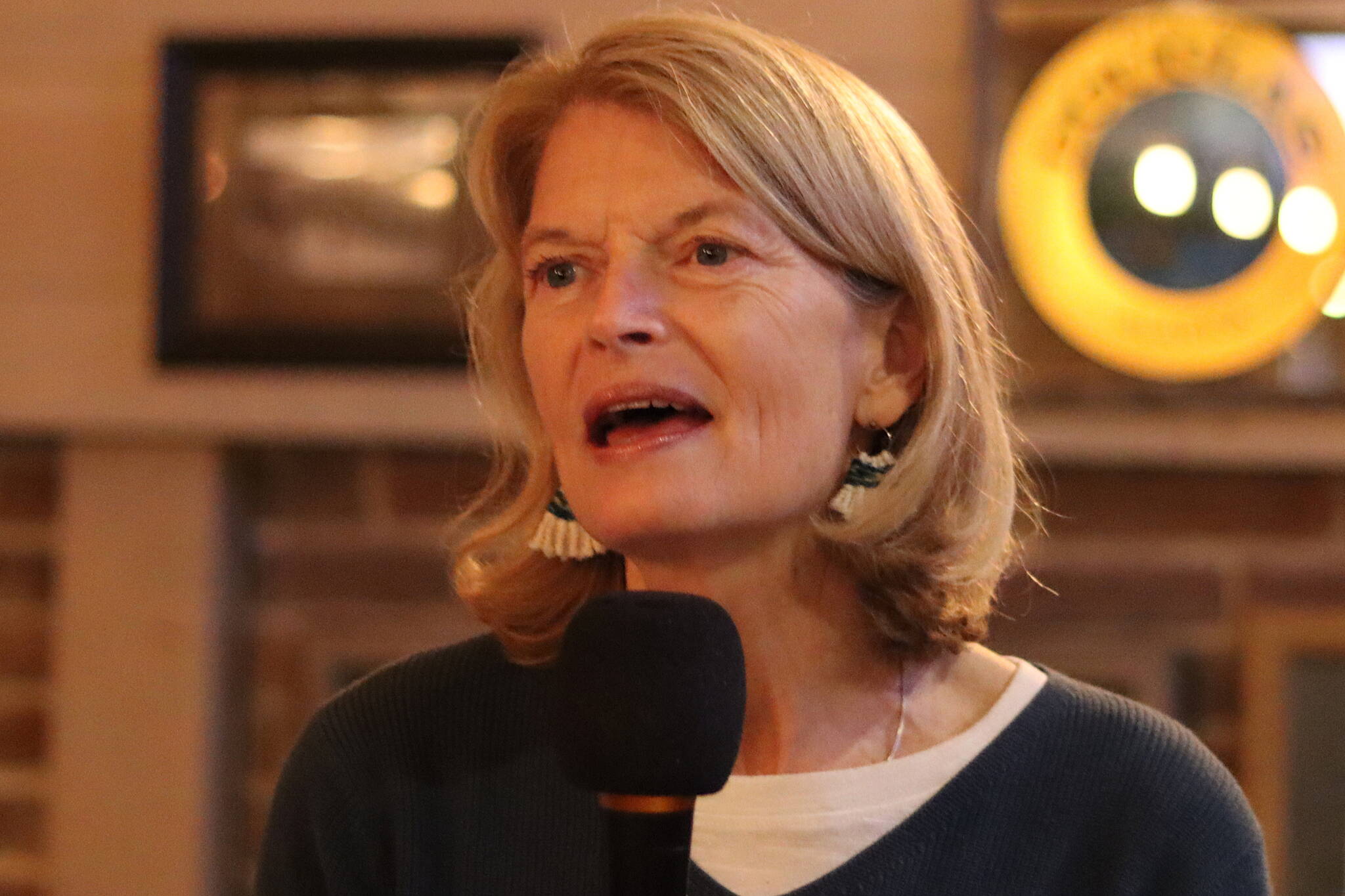By Julie Decker
For over 25 years, I have lived in coastal Alaska and worked in the seafood industry — in areas of harvesting, processing, research and economic development. I’m not alone. Alaska’s seafood industry directly employs over 60,000 workers, as the state’s largest private sector employer. Alaskans depend on the ocean for food security, culture, recreation, and employment. People around the world rely on Alaska for a source of the finest seafood. If Alaska was a country, it would be in the top 10 for seafood production. The world loves Alaska, its seafood and even its commercial fishermen! (This year, “Deadliest Catch” starts filming its 19th season and airs worldwide!)
Around here, the blue economy is not just a trendy phrase for those who like to visit the ocean on the weekends, but it is essential to those like us who live and work on the water, and we need leaders who share this priority. It is one of the fastest growing economic sectors in the world. As the state with more coastline than the rest of the country combined, all of Alaska wins when we invest in our blue economy.
Lisa Murkowski recognizes this opportunity to use a trendy phrase for the benefit of Alaskans. Lisa understands Alaska and our coastal communities. She literally has coastal Alaska in her blood, as she was born and raised in Southeast Alaska. This is why she is drafting a Working Waterfronts bill, and announced its framework this month.
Alaskans brought her good ideas that will boost industries like fishing, tourism, and mariculture, and help pave the way for younger generations to enter these careers. Lisa is now crafting these ideas into federal changes that she can implement. These changes would make a big difference to coastal communities by promoting U.S. seafood to domestic consumers, increasing food security, upgrading shoreside infrastructure, and focusing on workforce development for maritime trades. It also strengthens research on the health of our oceans in order to further understand changes we are experiencing. It would also include fishing vessels in national efforts to consider energy solutions onboard including increased efficiency, electricity, and hydrogen.
Lisa Murkowski not only understands Alaska’s seafood industry and coastal communities, but she also prioritizes our interests every day, and her track record shows she delivers for us. As a colleague said recently, “I wouldn’t trade a dollar for a penny”, when referring to trading Lisa for Kelly in the upcoming election. I agree. I wouldn’t trade a dollar for penny, no matter how shiny others told me the penny was. I know what is truly valuable. I will be voting for Lisa Murkowski for U.S. Senate. See you at the polls.
Julie Decker resides in Wrangell.


